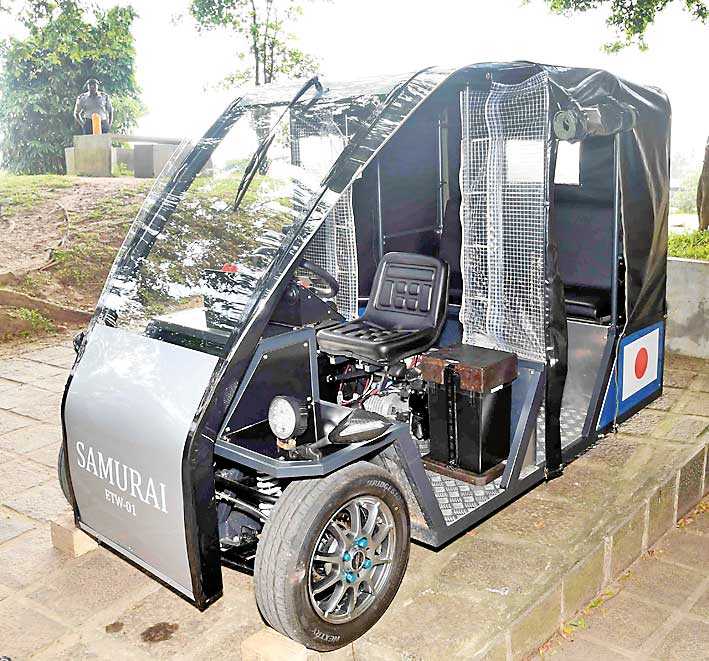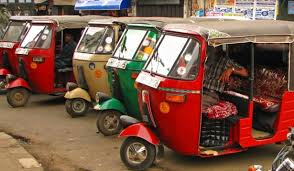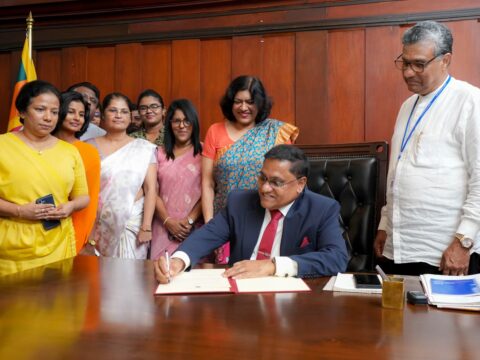
As part of efforts to introduce “zero-emission” vehicles to help reduce pollution and carbon footprint, Finance Minister Mangala Samaraweera said that eco-friendly electric tuk tuks will hit the roads in 2020, to implement an ambitious initiative of replacing diesel-powered three-wheelers in the country.
Samaraweera and Japanese Ambassador Kenichi Suganuma recently jointly launched Sri Lanka’s first electric three wheeler developed by the Japan Sri Lanka Comprehensive Partnership secretariat and T-PLAN. Under this programme, the first batch of state-of-the-art electric three wheelers manufactured in Sri Lanka will be ready by mid-2020. The Ministry of Finance will also incorporate a subsidised loan scheme to enable the three-wheeler drivers to invest in additional services, including Wi-Fi and GPS facilities.
A favourite of both locals and tourists, the tuk tuks are a great transport option for darting in and out of traffic jams and bottlenecks or zipping through for short rides between beautiful beaches and tourism landmarks. Inspite of their small size the trishaws can amazingly fit all types of luggage.
Samaraweera said the introduction of the electric tuk tuk was an important new policy and part of the Paris agreement. Sri Lanka had pledged to reduce greenhouse gas emissions by 10 percent in the transport sector by 2020.

The number of three-wheelers in Sri Lanka has increased eight-fold since 2000 and fuel consumption per person had increased from 90 liters to 150 liters during the same period. The 1.2 million auto drivers in Sri Lanka is far more than is needed for a small island of 21 million, says the union representing the trishaw drivers.
In 2017, Sri Lanka spent nearly 3.5 billion U.S. dollars to import fossil fuels for electricity and transportation, which is equivalent to around four percent of the GDP.
Sri Lanka’s excise tax is now structured in a way that diesel and petrol vehicles are taxed at a higher rate, making hybrids and electric vehicles more attractive. The government also plans to increase the import tax on a diesel three-wheeler by Rs. 50,000 to encourage the transition to environmentally friendly alternatives.



